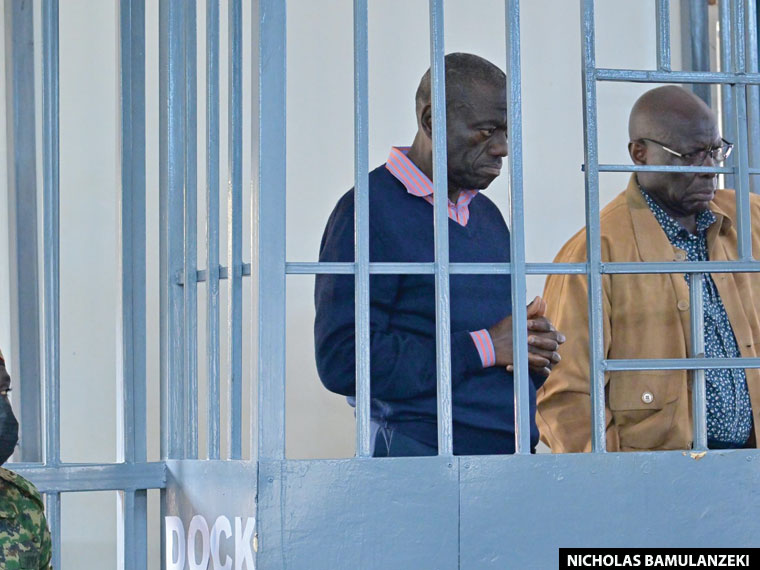Under the UPDF regulations, specifically Rules 23 and 22, an accused person has the right to object to a plea based on two key grounds: a defective charge sheet and opposition to the court’s jurisdiction.
We raised fundamental concerns over territorial jurisdiction and defects in the charge sheet, emphasizing that Dr. Besigye was unlawfully repatriated—a process unsupported by law. Proper legal repatriation for prosecution requires adherence to the Extradition Act of 1964, which stipulates reciprocal legal processes between Uganda and Kenya, including court orders and warrants, none of which were followed.
This case parallels decisions from South Africa and the UK House of Lords, where trials based on unlawful abductions were declared invalid. South African courts, for example, dismissed cases involving ANC members abducted without due process, deeming such proceedings unlawful.
We also challenged UPDF’s claim to universal jurisdiction for offences allegedly committed outside Uganda, arguing that the Constitution restricts courts’ jurisdiction to within the country’s borders. The assertion that a firearm in Kenya constitutes a UPDF monopoly is absurd, given the prevalence of legally owned firearms there. This renders the charge sheet defective.
The law permits objections to defective charge sheets and jurisdictional issues. Dr. Besigye’s refusal to enter a plea requires the court to rule on its jurisdiction and the validity of the charges. If our submissions are accepted, the charges should be dismissed; otherwise, the trial will continue, prompting further legal challenges from us.
The sudden introduction of a treachery charge and inclusion of Capt. Dennis Olara are perplexing. Until now, the accusations centered solely on Dr. Besigye’s alleged actions with Hajj Obeid Lutale at Riverside. The last-minute amendment to add Capt. Olara to the charges is one of several concerns we await the court to address in tomorrow’s ruling [January 14].





